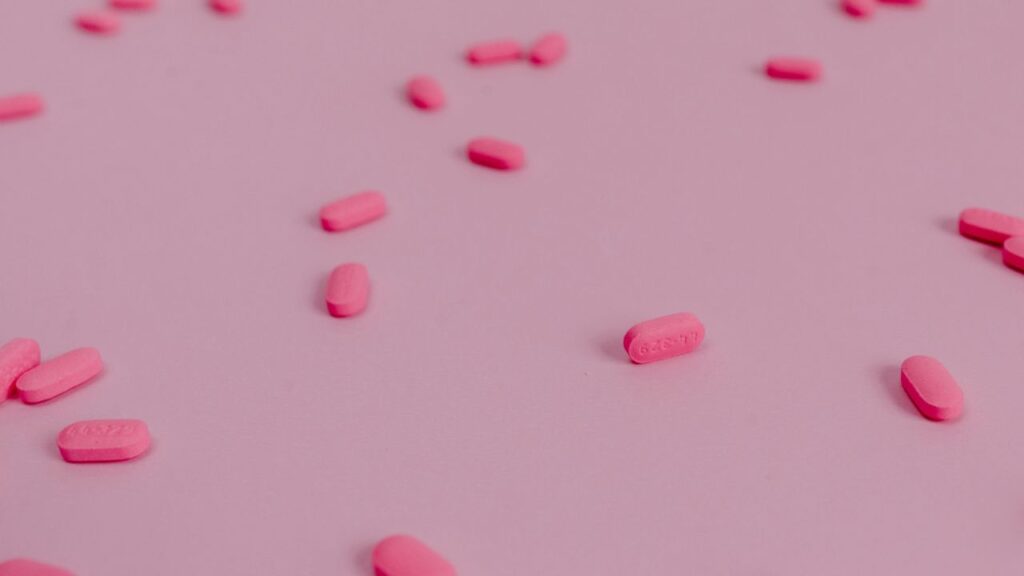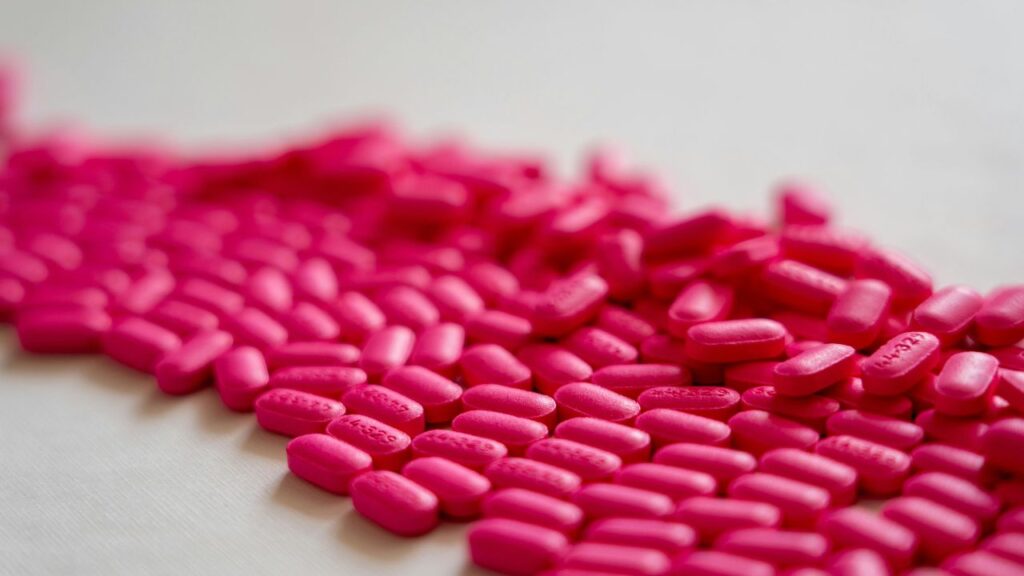The Epidemic of Diphenhydramine Misuse
In recent years, a dangerous trend has emerged among young people: the intentional abuse of diphenhydramine (DPH), an over-the-counter antihistamine medication commonly known by the brand name Benadryl. Fueled by social media challenges and online forums, teens and young adults are consuming large doses of DPH to achieve a hallucinogenic “high,” a practice often referred to as “Benadryl challenge” or “DPH tripping.” This alarming phenomenon has led to a surge in DPH-related hospitalizations, overdoses, and even deaths, prompting urgent warnings from healthcare professionals and drug abuse prevention organizations.
While DPH is generally safe and effective when used as directed for allergies, hay fever, and cold symptoms, it can be extremely dangerous when taken in high doses for recreational purposes. Many young people mistakenly believe that because DPH is a legal, readily available medication, it must be harmless to experiment with. However, the reality is that DPH abuse can have severe, potentially life-threatening consequences.
The Mechanisms of DPH Intoxication
At therapeutic doses, DPH works by blocking histamine-1 receptors in the body, reducing allergy symptoms like sneezing, itching, and runny nose. However, at high doses (typically 300mg or more), DPH acts as a potent anticholinergic and deliriant drug, causing a range of intense physical and psychological effects.
DPH intoxication is characterized by vivid, often frightening hallucinations, delirium, and a complete disconnect from reality. Users may see, hear, or feel things that aren’t there, such as insects crawling on their skin, menacing shadows, or disembodied voices. These hallucinations can be so convincing that users may engage in dangerous or erratic behaviors, such as running into traffic or self-harm.
In addition to the psychological effects, high-dose DPH can also cause a range of alarming physical symptoms, including:
- Rapid heartbeat and palpitations
- Severe dry mouth and difficulty swallowing
- Blurred vision and pupil dilation
- Increased body temperature and sweating
- Nausea, vomiting, and abdominal pain
- Muscle spasms and uncontrollable movements
- Difficulty urinating and urinary retention
In severe cases, DPH overdose can lead to seizures, coma, respiratory failure, cardiac arrest, and death. The risk of life-threatening complications is particularly high when DPH is combined with other substances like alcohol, opioids, or benzodiazepines, which can further depress the central nervous system.

The Consequences of Chronic DPH Abuse
Beyond the acute risks of DPH intoxication, long-term abuse of this substance can have devastating consequences for mental and physical health. Chronic DPH use has been linked to:
- Persistent cognitive deficits and memory problems
- Impaired attention, concentration, and decision-making
- Depression, anxiety, and mood disturbances
- Psychosis and prolonged dissociative states
- Increased risk of dementia and Alzheimer’s disease
- Cardiovascular disease and heart rhythm abnormalities
- Gastrointestinal distress and bowel dysfunction
- Urinary tract damage and chronic bladder problems
Some heavy DPH users develop a condition known as “DPH dependence,” characterized by compulsive use despite negative consequences, tolerance (needing higher doses to achieve the desired effects), and withdrawal symptoms when attempting to quit. DPH withdrawal can be physically and emotionally challenging, with symptoms such as insomnia, anxiety, restlessness, and cravings.
The Role of Social Media in the DPH Abuse Epidemic
One of the main drivers of the current DPH abuse epidemic is the proliferation of social media challenges and online communities that encourage and glorify this dangerous behavior. Platforms like TikTok, Instagram, and Reddit have seen a surge in videos and posts related to the “Benadryl challenge,” where users film themselves taking large doses of DPH and documenting the ensuing intoxication.
These viral challenges often present DPH abuse as a fun, harmless way to experience a “legal high,” while downplaying or ignoring the serious risks involved. Impressionable young people may feel pressured to participate in order to fit in or gain social media clout, not realizing the potential consequences of their actions.
Furthermore, online forums and chat rooms dedicated to DPH abuse provide a platform for users to share their experiences, dosage advice, and even tips on how to obtain large quantities of the drug. This easy access to misinformation and enabling content can normalize and perpetuate DPH abuse, making it harder for those struggling with addiction to seek help.
Preventing DPH Abuse: Education and Awareness
To combat the rising tide of DPH abuse, it’s crucial to raise awareness about the dangers of this practice and provide accurate, science-based information to young people and their families. Some key strategies for prevention include:
- Educating youth about the risks of DPH abuse through school-based programs, community workshops, and media campaigns
- Encouraging parents to talk openly with their children about drug abuse and monitor their social media activity for signs of harmful trends
- Training healthcare providers, educators, and other youth-serving professionals to recognize the warning signs of DPH abuse and provide appropriate intervention
- Collaborating with social media platforms to remove content that promotes or glorifies DPH abuse and direct users to reliable resources for help
- Advocating for stricter regulations on the sale and distribution of DPH products, such as age restrictions or quantity limits
- Expanding access to evidence-based addiction treatment services and support for those struggling with DPH abuse and co-occurring mental health disorders
Seeking Help for DPH Addiction
If you or someone you love is battling DPH addiction, know that you’re not alone and that recovery is possible. The first step is to reach out for professional help from a qualified addiction treatment provider, such as Destination Hope in Fort Lauderdale, FL.
At Destination Hope, we specialize in treating substance use disorders, including DPH addiction, using a holistic, evidence-based approach. Our compassionate team of medical professionals, licensed therapists, and certified addiction counselors work together to create a personalized treatment plan that addresses each client’s unique needs and goals.

Our comprehensive range of services includes:
- Medically supervised detox to safely manage DPH withdrawal symptoms
- Residential treatment with 24/7 support and structured programming
- Partial hospitalization and intensive outpatient programs for flexible care
- Individual, group, and family therapy to address underlying issues and build coping skills
- Cognitive-behavioral therapy (CBT) to modify harmful thoughts and behaviors related to DPH abuse
- 12-step immersion and peer support groups for long-term recovery and relapse prevention
- Comprehensive aftercare planning and alumni support to maintain sobriety and prevent relapse
At Destination Hope, we understand that seeking help for addiction can be overwhelming and intimidating. That’s why we strive to create a warm, welcoming environment where clients feel safe, supported, and empowered to take control of their lives. Our team is dedicated to guiding you through every step of the recovery process, from initial assessment to aftercare and beyond.
Get Help Today
If you’re ready to break free from the grip of DPH addiction and start your journey toward healing, call Destination Hope today at 954-302-4269. Our knowledgeable admissions specialists are available 24/7 to answer your questions, verify your insurance coverage, and help you take the first step toward a brighter, healthier future.

